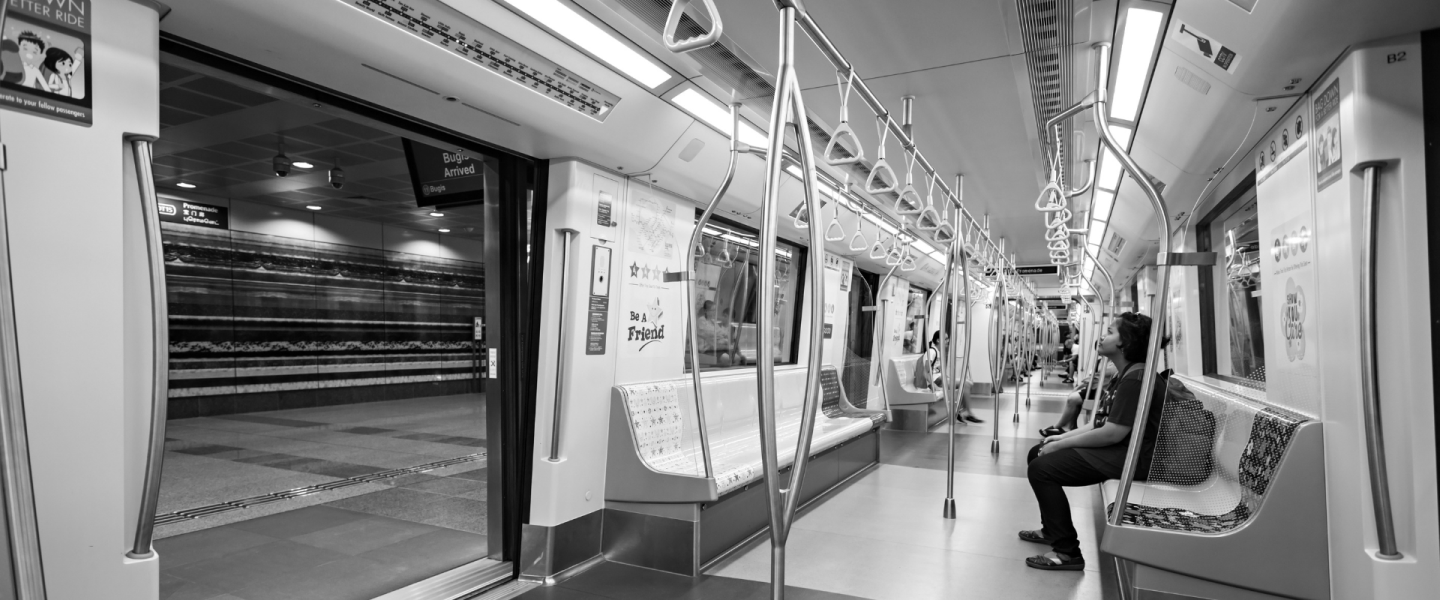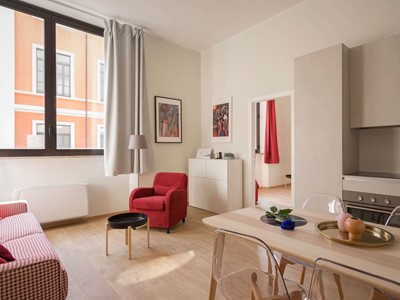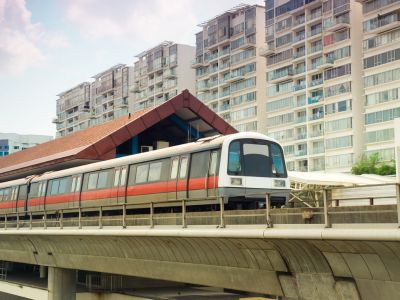Living in Singapore
Accommodation
Common student housing options
Finding the right accommodation is an essential part of settling into student life in Singapore. Whether you’re looking for an affordable shared space or a more private and luxurious setup, there are plenty of options to suit different needs and budgets.
Many students also choose to split costs with roommates or fellow tenants, making even premium spaces more accessible. Explore your options to find a home that fits your lifestyle and study needs.

AccomModation
Factors to consider
Selecting the right accommodation can greatly impact your comfort, convenience, and overall student experience. Here are key factors to keep in mind as you explore your options:
Budget
Your monthly budget is one of the most important considerations. Accommodation costs in Singapore can vary widely, so it’s essential to choose a space that balances affordability and your preferred lifestyle. Sharing rooms or splitting rent with housemates is a common way to manage costs effectively.
Proximity to Campus and Public Transport
Living close to your campus or near MRT and bus stations can save time and commuting costs. Convenient access to transportation is especially helpful for exploring Singapore beyond your studies.
Length of Stay
Think about the duration of your studies. Short-term stays might be better suited for serviced apartments, while long-term ones may benefit from HDB flats, hostels, or co-living spaces with flexible lease options.
Amenities and Facilities
Consider what amenities are important to you, such as Wi-Fi, air conditioning, laundry facilities, or a study area. For those seeking additional perks like swimming pools or gyms, private condominiums or co-living spaces might be suitable.

Transportation
Commuting in SG is a Breeze
Singapore boasts one of the world’s most efficient and well-connected transportation systems, making it easy to travel across the island. From the reliability of the MRT and buses to the convenience of taxis and ride-hailing services, getting around the Lion City is straightforward, affordable, and stress-free.
MONEY MATTERS
Navigating Finances in Singapore
The local currency is the Singapore Dollar (SGD), and a 9% Goods and Services Tax (GST) applies to most purchases. Unlike many countries, tipping is not customary in Singapore, as hotels and restaurants typically include a 10% service charge in the bill.
Credit cards like Visa, MasterCard, American Express, and Diners Club are widely accepted, but a popular alternative is NETS—a local payment system that lets you use your ATM card for cashless transactions at shops, eateries, and public transport.
Understanding these practices will help you manage daily expenses with ease while studying in Singapore.
BUDGETING
Planning Your Student Expenses
Based on recent data, international students in Singapore typically spend between S$750 and S$3,300 per month on living expenses, depending on lifestyle and accommodation choices.
life in Singapore
Tips on living in Singapore
The standard of living in Singapore is amongst the highest in Asia. However, compared to countries in western continents, the cost of living here is relatively low, and basic items like food and clothing are considered reasonably priced.
Culture in Singapore
No matter how long you spend studying in Singapore, you will always find new and interesting activities to do and places to explore. See this page to get a taste of what you can expect in this incredible country.
Laws in Singapore
As international students moving to Singapore, it is important to be aware of the laws in the country. Note that students who are convicted of breaking Singapore laws (depending on severity of the case) and are being forced to withdraw from the course will have their STP terminated.

Why Study in Singapore?
Singapore is often perceived as an exceptionally expensive city. However, unless you are considering purchasing a home or a car, it is possible to enjoy an affordable lifestyle. Explore your housing and accommodation options here.
Public transportation in Singapore is not only affordable but also very easy to use. You can get around the city on trains and buses without worrying about getting lost, as locals are always happy to help with directions. The system is also very clean, so you can sit back, relax, and enjoy your time in the city.









